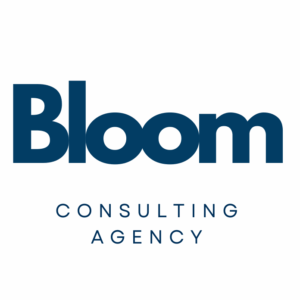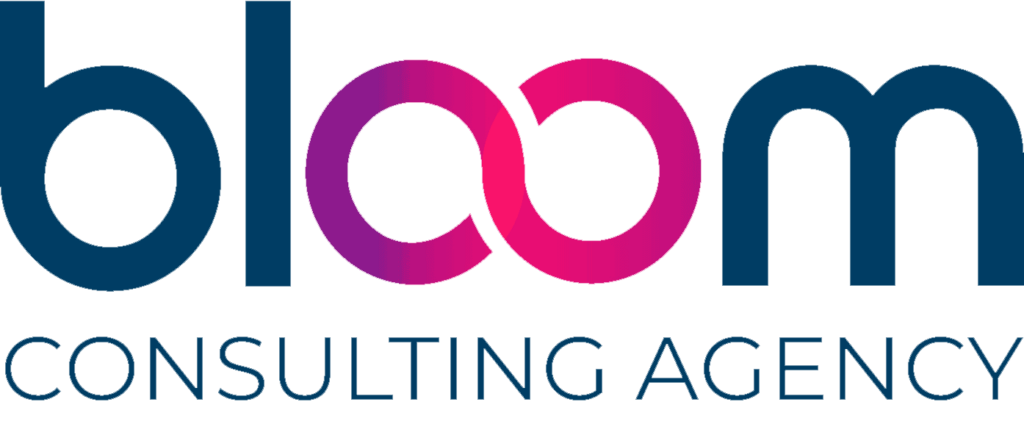Navigating the intricacies of Medicare compliance is a fundamental responsibility for healthcare organizations seeking to provide quality care while adhering to regulatory standards. The journey toward Medicare compliance involves a systematic approach encompassing seven crucial steps. From understanding the complex regulatory landscape to implementing robust policies and procedures, these steps serve as a comprehensive guide to ensure healthcare providers meet Medicare’s stringent requirements. In this exploration, we delve into each of these steps, offering insights and strategies to help healthcare organizations effectively navigate the path to Medicare compliance, safeguarding both their financial health and the well-being of the patients they serve.
Understanding the Basics of Medicare
Medicare, a federal health insurance program primarily for individuals aged 65 and older, as well as certain younger individuals with disabilities, plays a crucial role in the U.S. healthcare system. PECOS, on the other hand, serves as the online portal for healthcare providers to enroll and manage their Medicare enrollment information. Navigating the intricacies of Medicare involves comprehending the various parts, such as Part A for hospital insurance and Part B for medical insurance, along with the importance of provider enrollment through PECOS to participate in the Medicare program. This foundational knowledge is essential for healthcare entities aiming to provide services to Medicare beneficiaries, ensuring compliance with regulations and facilitating seamless interactions with the Medicare system.
Complying with Medicare Regulations
Compliance with Medicare regulations underpins the integrity of the healthcare system and ensures the delivery of high-quality, lawful services. Medicare regulations set forth standards and guidelines aimed at preventing fraud, abuse, and waste. Compliance is not just a legal requirement; it is a commitment to ethical practices, transparency, and accountability in patient care. Non-compliance can result in severe consequences, including financial penalties and exclusion from Medicare programs, jeopardizing the reputation and viability of healthcare organizations.
Pre-Enrollment Planning for Medicare Compliance
Pre-enrollment involves a strategic assessment of a healthcare provider’s readiness, including infrastructure, policies, and staff capabilities, to meet Medicare enrollment requirements. Establishing a dedicated compliance team and allocating resources appropriately are critical steps in this planning phase, ensuring a focused approach to navigating the complexities of Medicare regulations. Providers wishing to pre-enroll should also begin by reviewing any revised guidance by CMS.
Developing a Plan for Training Staff on Medicare Compliance
Developing a plan for training staff on Medicare compliance is a proactive and integral component of healthcare organizations’ commitment to ethical and regulatory standards. The plan should encompass a comprehensive understanding of Medicare regulations, billing procedures, documentation requirements, and the organization’s specific compliance policies. Incorporating various training methods, such as workshops, online modules, and regular updates, ensures continuous education and keeps staff informed about evolving compliance standards. A well-structured training plan not only equips healthcare professionals with the knowledge to navigate complex regulatory landscapes but also fosters a culture of compliance, promoting ethical practices and enhancing the organization’s overall ability to meet Medicare requirements effectively.
Completing Documentation and Submitting
Completing documentation and submitting for Medicare enrollment involves compiling comprehensive documentation, including organizational policies, provider credentials, financial records, and other essential information required by Medicare. Attention to detail is crucial, as accurate and thorough documentation is essential for successful enrollment. Once the documentation is compiled, it is submitted through the appropriate channels, such as the Provider Enrollment, Chain, and Ownership System (PECOS) or other designated platforms. Timely and accurate submission not only expedites the enrollment process but also sets the stage for healthcare providers to deliver services to Medicare beneficiaries, ensuring compliance with regulatory standards and facilitating a seamless integration into the Medicare system.
Monitoring Compliant Practices
Monitoring compliant practices for Medicare is a continuous aspect of healthcare provider operations. It involves implementing internal audit mechanisms to regularly assess billing practices, documentation accuracy, and adherence to Medicare regulations. Proactive monitoring ensures that healthcare providers promptly identify and rectify any deviations from compliance standards. Utilizing technology to track and analyze claims data enables healthcare organizations to identify patterns and trends that may indicate potential compliance issues.
Regular staff training and communication channels help keep healthcare professionals informed about updated Medicare guidelines and reinforce a culture of compliance within the organization. Effective monitoring also involves engaging in external audits or reviews periodically to obtain an unbiased evaluation of the organization’s compliance status. Timely response to identified issues, coupled with corrective action plans, further strengthens Medicare compliance practices.
Meeting Quality Standards for Medicare Compliance
Meeting quality standards in Medicare compliance involves consistently delivering high-quality care that aligns with established medical and ethical standards. Providers must adhere to Medicare guidelines related to patient outcomes, safety measures, and evidence-based practices to ensure the well-being of beneficiaries. Implementing quality improvement initiatives, monitoring patient satisfaction, and engaging in performance assessments are integral to meeting and exceeding Medicare’s quality standards. By prioritizing the delivery of exceptional care, healthcare providers not only ensure compliance with Medicare regulations but also contribute to positive patient experiences and overall improvements in the healthcare landscape. Upholding these quality standards is not only a regulatory requirement but also a commitment to providing optimal care for Medicare beneficiaries.
Updating Provider Record Data and Re-enrollment
Regularly reviewing and updating information in the Provider Enrollment, Chain, and Ownership System (PECOS) to reflect any changes in provider details, such as address, contact information, or ownership structure is important to keep a provider up to date. Timely updates are crucial to ensuring accurate communication between providers and Medicare, reducing the risk of administrative errors, and maintaining compliance with regulatory standards. Additionally, healthcare providers must undergo re-enrollment at specified intervals to confirm their continued eligibility and commitment to Medicare compliance. This process involves submitting updated documentation, verifying credentials, and ensuring that the provider remains in good standing with Medicare requirements.
Improving Compliance with Medicare Practices
Identifying areas of non-compliance through regular internal audits allows providers to tailor targeted interventions and corrective actions. Engaging in continuous staff training programs ensures that healthcare professionals stay abreast of evolving Medicare regulations and adhere to best practices. Establishing a robust communication framework facilitates the dissemination of compliance updates and fosters a culture where adherence to regulations is prioritized. Utilizing advanced technologies for claims monitoring and data analysis aids in identifying patterns or discrepancies that may require attention. Collaborating with compliance experts and participating in external audits can offer valuable insights for enhancing overall compliance. By adopting a proactive and holistic approach to compliance improvement, healthcare providers not only meet regulatory standards but also elevate the quality and efficiency of healthcare services for Medicare beneficiaries.
Find Help with Medicare Compliance Today
Begin journey towards Medicare compliance excellence with Bloom Consulting as your trusted partner. Our dedicated team of compliance experts is committed to guiding healthcare providers through the intricacies of Medicare regulations, ensuring adherence to the highest standards of quality and integrity. Leverage our specialized knowledge to streamline your compliance processes, mitigate risks, and enhance the overall efficiency of your healthcare operations. Contact us today to elevate your compliance practices and ensure a foundation of trust, transparency, and quality care for both your organization and Medicare beneficiaries.










